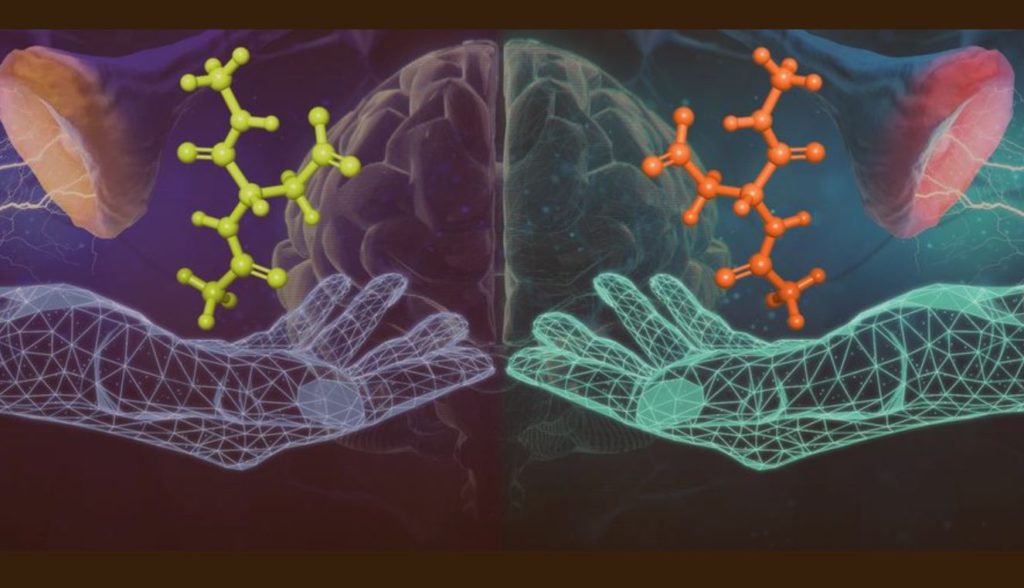
Existing drugs may offer effective treatment. Prevailing theories posit plaques in the brain cause Alzheimer’s disease. New UC Riverside research points to cells’ slowing ability to clean themselves as the likely cause of unhealthy brain buildup.
Along with signs of dementia, doctors make a definitive Alzheimer’s diagnosis if they find a combination of two things in the brain: amyloid plaques and neurofibrillary tangles. The plaques are a buildup of amyloid peptides, and the tangles are mostly made of a protein called tau.
“Roughly 20% of people have the plaques, but no signs of dementia,” said UCR Chemistry Professor Ryan Julian. “This makes it seem as though the plaques themselves are not the cause.”
For this reason, Julian and his colleagues investigated understudied aspec...
Read More









Recent Comments